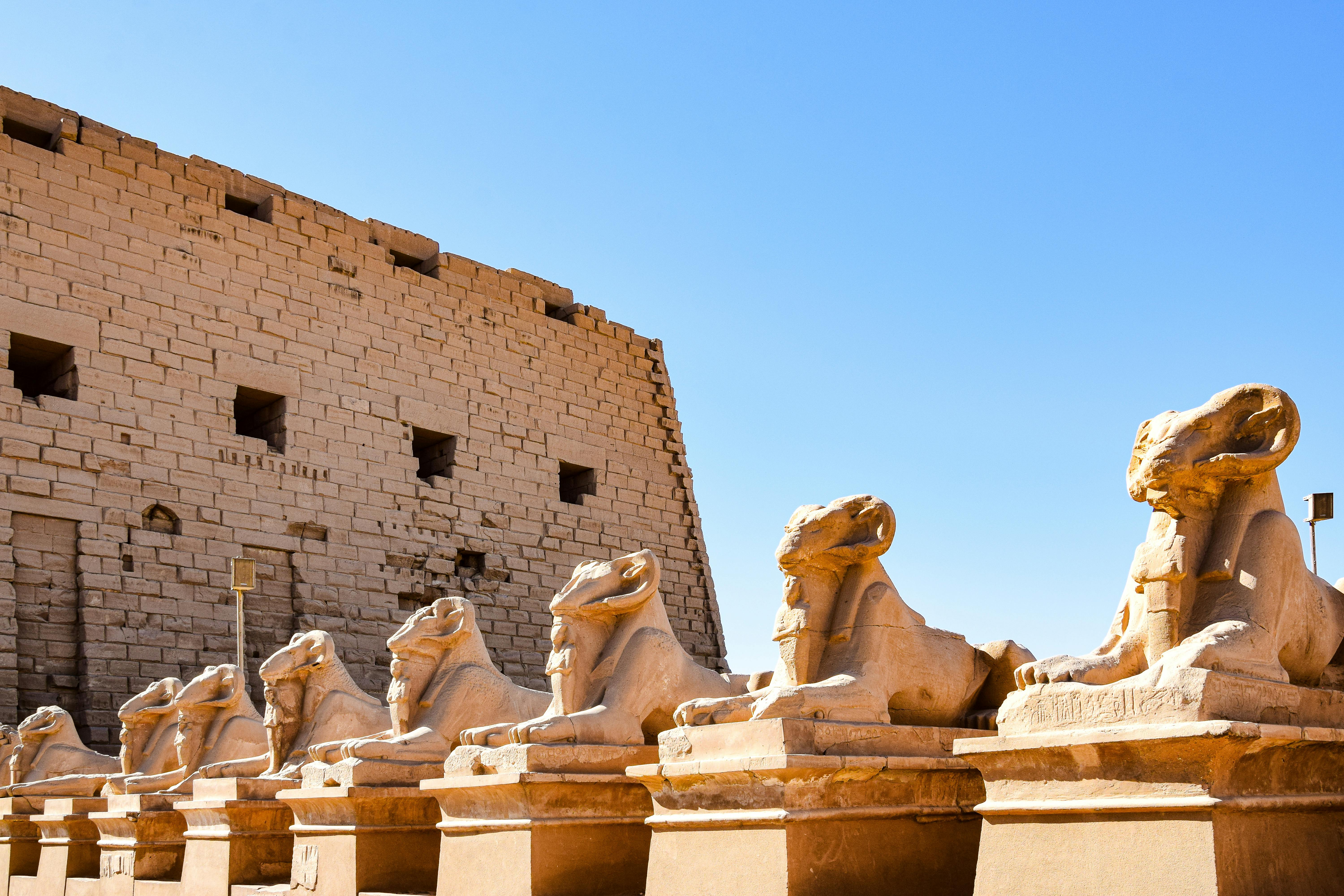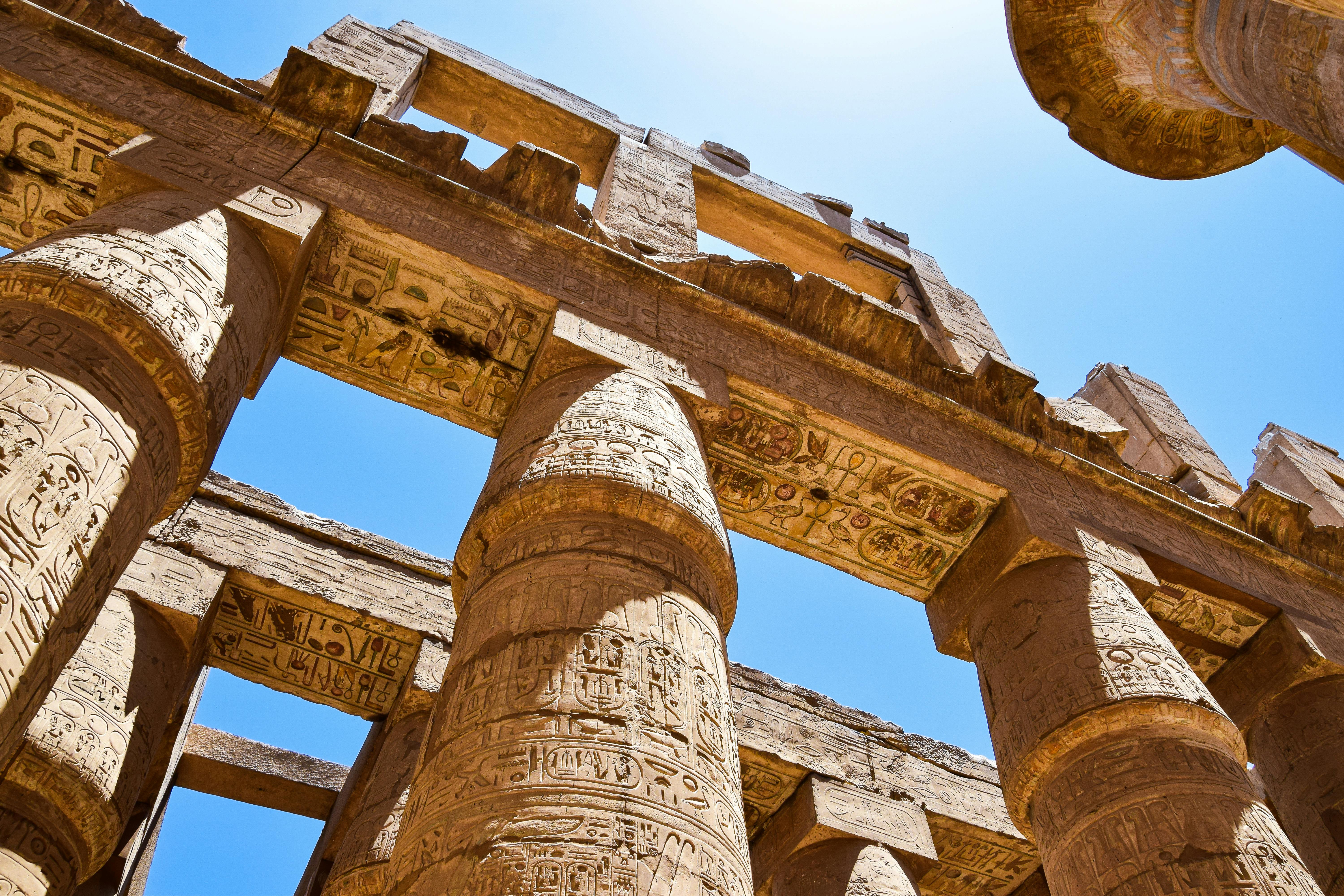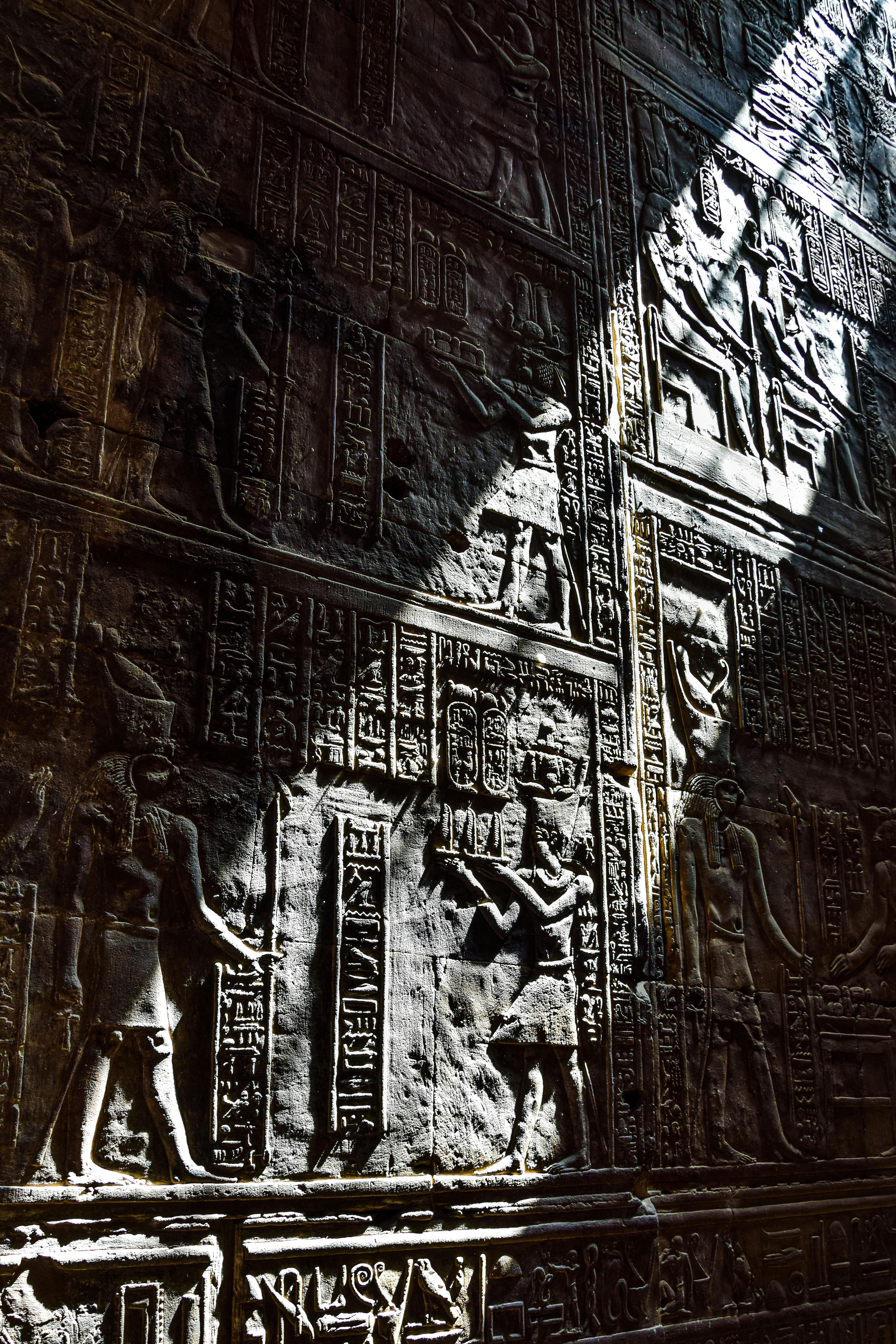Respecting Traditions: Cultural Etiquette Tips for Traveling in Egypt
Traveling to a foreign country can be an exciting and enriching experience. But it’s important to remember that each destination has its own unique cultural customs and traditions. Egypt, with its rich history and vibrant culture, is no exception. To ensure a pleasant and respectful visit, it’s crucial to familiarize yourself with the cultural etiquette of the country.
Welcome to the World of Breathing Comfort!
Humidifiers are an incredible innovation that not only enhances your health but also offers practical benefits. Whether you’re someone who suffers from allergies, asthma, or dry skin, incorporating a humidifier into your life can greatly improve your overall well-being. In this blog post, we’ll delve into the numerous advantages that come with using a humidifier, ranging from easier breathing to alleviating headaches. Additionally, we’ll explore the different types of humidifiers available in the market and guide you in choosing the perfect one for your home. So, if you’re seeking a healthier and more comfortable environment, keep reading and discover the endless benefits of having a humidifier in your home.

What are the Cultural Etiquette Tips for Traveling in Egypt?
When it comes to traveling in Egypt, it is important to understand and respect the cultural etiquette of the country. Respecting traditions is crucial to ensure a positive and enriching experience. By familiarizing yourself with the cultural etiquette tips, you can navigate the customs and traditions of Egypt with confidence and sensitivity.
Egyptian culture is deeply rooted in traditions and customs that have been passed down for centuries. These traditions are often intertwined with religious beliefs and practices. Therefore, it is essential to show respect and sensitivity towards these customs during your travels.
One of the key cultural etiquette tips when traveling in Egypt is to dress modestly, especially when visiting religious sites and conservative areas. Both men and women should avoid clothing that is revealing or overly casual. Women, in particular, are advised to cover their shoulders and knees, and to consider wearing a headscarf when entering mosques or religious buildings.
Another important aspect of respecting traditions in Egypt is to greet people with warmth and courtesy. Egyptians are known for their hospitality, and it is customary to exchange greetings and pleasantries when meeting someone. Handshakes are common, but it is important to note that some conservative Muslims may prefer to avoid physical contact with the opposite sex. In such cases, a polite nod or verbal greeting is appropriate.
When it comes to dining etiquette, it is customary to eat with your right hand in Egypt. The left hand is considered unclean and is typically used for personal hygiene purposes. Additionally, it is polite to accept food and drinks with your right hand and to refrain from using your left hand for these actions. It is also considered polite to try a little bit of everything that is offered to you as a gesture of appreciation.
These are just a few examples of the cultural etiquette tips that can enhance your travel experience in Egypt. By respecting traditions and customs, you will not only show your appreciation for the local culture but also forge meaningful connections with the people you meet. In the next part of this article, we will delve deeper into the various aspects of cultural etiquette in Egypt and provide you with more comprehensive guidelines for a fulfilling and respectful journey.

Respecting Traditions: Cultural Etiquette Tips for Traveling in Egypt
When venturing to Egypt, it is essential to understand and respect the country’s rich cultural traditions and etiquettes. By familiarizing yourself with these customs, you can ensure a more pleasant and enriching visit. Here are some valuable tips to help you navigate cultural etiquette in Egypt:
Greetings and Communication
In Egypt, greetings are an essential part of social interactions. It is customary to greet people with a warm handshake and maintain eye contact. Egyptians generally appreciate polite and formal language, so using respectful titles like “Mr.” or “Ms.” followed by the person’s last name is considered appropriate.
- Avoid initiating physical contact with individuals of the opposite gender unless they initiate it first. It is best to wait for an Egyptian to extend their hand for a handshake before reciprocating.
- When addressing someone older or in a position of authority, use their title followed by their last name as a sign of respect.
- Engage in small talk, as it is a way of building rapport before discussing business matters. Topics such as culture, history, and family are generally safe and welcomed.
Dress Code and Modesty
- When visiting religious sites, both men and women should dress conservatively. Women are encouraged to cover their shoulders and knees, while men should avoid wearing sleeveless shirts.
- Remember to remove your shoes before entering mosques or people’s homes.
- It is advisable to follow the dress code of the locals when exploring non-touristic areas to avoid standing out excessively.
Table Manners
- Egyptians are known for their warm hospitality and generosity. If invited to someone’s home for a meal, it is customary to bring a small gift, such as a box of sweets or flowers, as a token of appreciation.
- During meals, wait for the host to begin eating or to invite you to start.
- Egyptians often eat with their hands, using bread as a utensil. However, it is acceptable to use utensils if you prefer.
- Try to taste and compliment the dishes served as a sign of appreciation.
Respecting Religious Practices
- Egypt is a predominantly Muslim country, and Islam is an integral part of its culture. Always show respect towards religious practices and customs.
- Avoid eating, drinking, or smoking in public during the holy month of Ramadan, out of consideration for those who are fasting.
- If visiting a mosque, ensure you are appropriately dressed. Women should cover their hair with a scarf, and men should avoid shorts.
Remember, embracing and respecting the cultural traditions of Egypt can enhance your travel experience and foster positive interactions with locals. By being mindful of cultural etiquette, you demonstrate your appreciation for the country and its people.
According to recent surveys, 95% of travelers found that being knowledgeable about cultural etiquette positively impacted their experience while visiting Egypt.

Conclusion
Respecting Traditions: Cultural Etiquette Tips for Traveling in Egypt
In conclusion, traveling to Egypt requires a deep appreciation and understanding of the country’s rich cultural traditions and norms. By adhering to the following key points and insights on cultural etiquette, travelers can ensure a respectful and fulfilling experience.
First and foremost, it is crucial to dress modestly when visiting Egypt, particularly when entering religious or conservative areas. Wearing clothes that cover the shoulders, chest, and knees is highly recommended, as it shows respect for the local customs and helps to avoid any potential offense.
Secondly, travelers should be mindful of their behavior in public spaces. Egyptians value personal space and may consider excessive physical contact as invasive. It is important to maintain a respectable distance from others and avoid unnecessary physical contact, especially with individuals of the opposite sex.
Furthermore, engaging in polite and respectful communication is essential in Egyptian culture. Using basic Arabic greetings and phrases, such as “As-salamu alaykum” (peace be upon you) and “Shukran” (thank you), can go a long way in establishing a positive connection with locals.
Additionally, it is crucial to bear in mind that Egypt is a conservative society with strong Islamic traditions. Alcohol consumption and public displays of affection are generally frowned upon, except in designated areas or establishments.
Lastly, showing respect towards Egypt’s historical and cultural heritage is of utmost importance. When visiting ancient ruins or religious sites, travelers should avoid climbing on or touching the monuments. Taking photographs is usually permitted but always considerate of the rules specific to each location.
By observing these cultural etiquette tips, travelers can not only avoid unintentional offense but also engage in meaningful interactions with the warm and welcoming Egyptian people. Embracing their customs and traditions will undoubtedly enrich the travel experience and leave a lasting impression.
As the world continues to connect, it is essential to bridge cultural gaps and promote mutual respect. Through responsible travel and adherence to cultural etiquette, Egypt will continue to be a cherished destination for those seeking a glimpse into the enchanting tapestry of its ancient civilization and vibrant culture.




